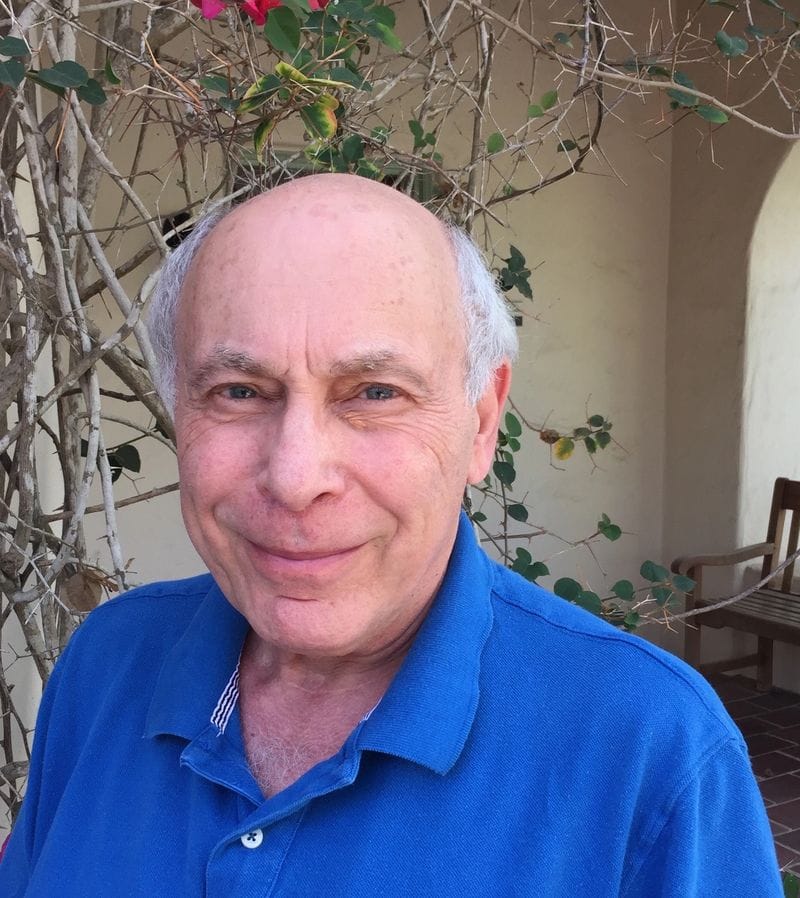On Sunday, July 20,the Jungian community lost one of its most profound voices with the passing of Dr. Lionel Corbett. His death followed a courageous battle with Acute Myeloid Leukemia, during which he achieved remission and used those precious additional years to continue the transformative work that defined his career as physician, psychiatrist, and Jungian analyst.
Corbett possessed that rarest of gifts among analysts: the ability to distill essential wisdom from diverse therapeutic traditions and weave them into coherent vision honoring both psychological depth and spiritual truth. His approach was marked by shamanic sensitivity—he understood that the therapist’s role extends beyond interpretation to include the actual transmutation of suffering, serving as an alchemical vessel capable of receiving, transforming, and returning anguish in transmuted form.
This understanding found fullest expression in The Soul in Anguish: Psychotherapeutic Approaches to Suffering (2011), where Corbett revealed suffering not as meaningless burden but as potential portal to compassion, wisdom, and spiritual growth. His scholarly contributions continued with The Sacred Cauldron: Psychotherapy as a Spiritual Practice (2015) and The God Image: From Antiquity to Jung (2021), establishing him as a leading voice in bridging psychotherapy and the numinous. His earlier work Psyche and the Sacred was particularly transformative, making complex spiritual and psychological concepts accessible without diminishing their profundity.
Those who encountered Corbett as teacher describe a presence marked by gentleness, erudition, and complete absence of ego. His teaching style embodied the principles he advocated—creating spaces where students could explore vulnerability with curiosity and courage. His approach was subtle, “almost a whisper from the psyche itself,” yet capable of catalyzing profound transformation.
Corbett’s understanding of suffering was informed by intimate acquaintance with life’s difficulties, deepening his capacity for authentic empathy and practical wisdom. He knew how to accompany others into suffering, through it, and beyond—not through avoidance but through genuine presence with what is most difficult to bear.
His legacy extends far beyond published works to encompass countless students, colleagues, and analysands touched by his clarity and kindness. In Lionel Corbett, we lose not just a gifted analyst but a true shamanic presence whose work continues illuminating the transformative potential hidden within our deepest struggles.


